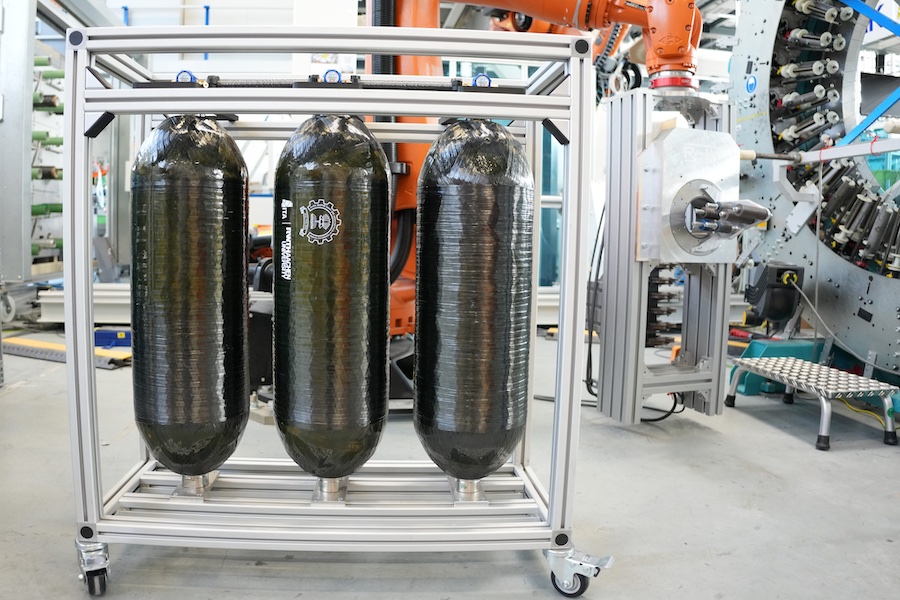#Europe
Towards a more digital social security coordination: Commission proposes steps to make it easier for Europeans to live, work and travel abroad
This will improve the exchanges of information between national social security institutions and speed up the recognition and granting of eligible benefits across borders. It will thus make it easier for Europeans to live, work and travel abroad, for companies to do business in other EU countries, and for national administrations to coordinate social security across borders.
Despite previous initiatives to improve the cross-border flow of social security information, national institutions, healthcare providers and labour inspectorates still face difficulties accessing and sharing data, due to insufficient interoperability between national systems. Costs are also incurred, for instance, when issuing and verifying entitlements documents.
Today's Communication takes stock of the progress achieved so far in digitalising the coordination of social security, presents the ongoing initiatives in this area, and proposes future actions to make full use of the benefits that digitalisation can provide.
Key measures proposed
The Commission calls on Member States to:
• Accelerate the national implementation of the Electronic Exchange of Social Security Information (EESSI) so that it is fully operational by the end of 2024 across Europe. EESSI digitalises the exchanges among national social security institutions, to move away from paper-based, time-consuming and cumbersome procedures.
• Deliver more social security coordination procedures fully online, to make it even easier for people to move and work abroad, and ensure they get fast access to their eligible benefits. Member States can build on the Single Digital Gateway Regulation, which foresees a fully online delivery of some important administrative procedures to citizens and businesses by 12 December 2023 at the latest.
• Fully engage in the European Social Security Pass (ESSPASS) pilot activities, which explore how to simplify the issuance and verification of citizens' social security entitlements across borders.
• Work towards introducing EU Digital Identity (EUDI) wallets, which will allow EU citizens to carry digital versions of entitlement documents, such as the European Health Insurance Card (EHIC), making it easier for social security institutions, labour inspectorates and healthcare providers to instantly verify these documents.
The Commission will support EU Member States in implementing these actions by providing technical assistance, including through the Technical Support Instrument, and making available EU funding, for instance through the Digital Europe Programme, InvestEU, the European Regional Development Fund, and the European Social Fund Plus.
The European Labour Authority will also play an active role by collecting best practice examples and facilitating regular exchanges among national authorities.
Next steps
The Commission invites the European Parliament and the Council to endorse the approach set out in this Communication and calls on Member States and all stakeholders to work together to implement its actions. The Commission will support and monitor the implementation of this Communication in annual meetings with national representatives.
Advancing the digitalisation of social security coordination is also important in the context of ongoing negotiations by co-legislators on the revision of EU social security coordination rules. The Commission calls on the European Parliament and on the Council to swiftly reach an agreement on the revision, to modernise this legal framework, and will continue to support co-legislators to achieve this objective.
Background
EU nationals are entitled to travel, work and live in another EU country. In 2021, 16 million people from the EU, the European Economic Area (EEA)/European Free Trade Association (EFTA) and Switzerland lived and/or worked in another EU, EEA/EFTA country and Switzerland. EU rules (Regulation No 883/2004 and Regulation No 987/2009 on its implementation) protect people's social security rights when moving within Europe, for instance when it comes to healthcare, family benefits and pensions, and make sure they get access to their eligible benefits as quickly as possible across the EU.
In 2021, around 235 million people in Europe held a European Health Insurance Card (EHIC), which helped them get unforeseen necessary medical support while abroad. Also, 6 million pensions were disbursed to pensioners who reside in another country. In addition, national administrations received 3.6 million requests for a proof of social security coverage in cross-border situations.
Thanks to the Electronic Exchange of Social Security Information (EESSI) system, social security institutions in Member States have handled more rapidly and securely 16.5 million social security cases of people traveling, living, studying, and/or working in another EU country since 2019. 2.5 million electronic messages are exchanged each month.
Currently, 12 Member States' institutions are piloting ESSPASS to digitally issue and verify citizens' social security entitlements across borders, such as the ‘Portable Document A1' for work purposes and the EHIC in healthcare.
















